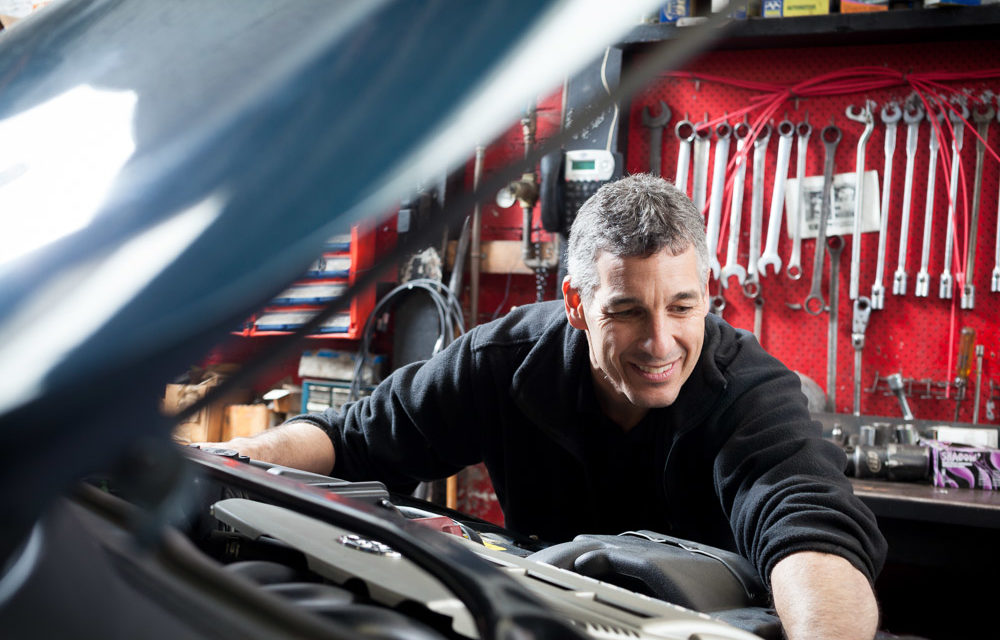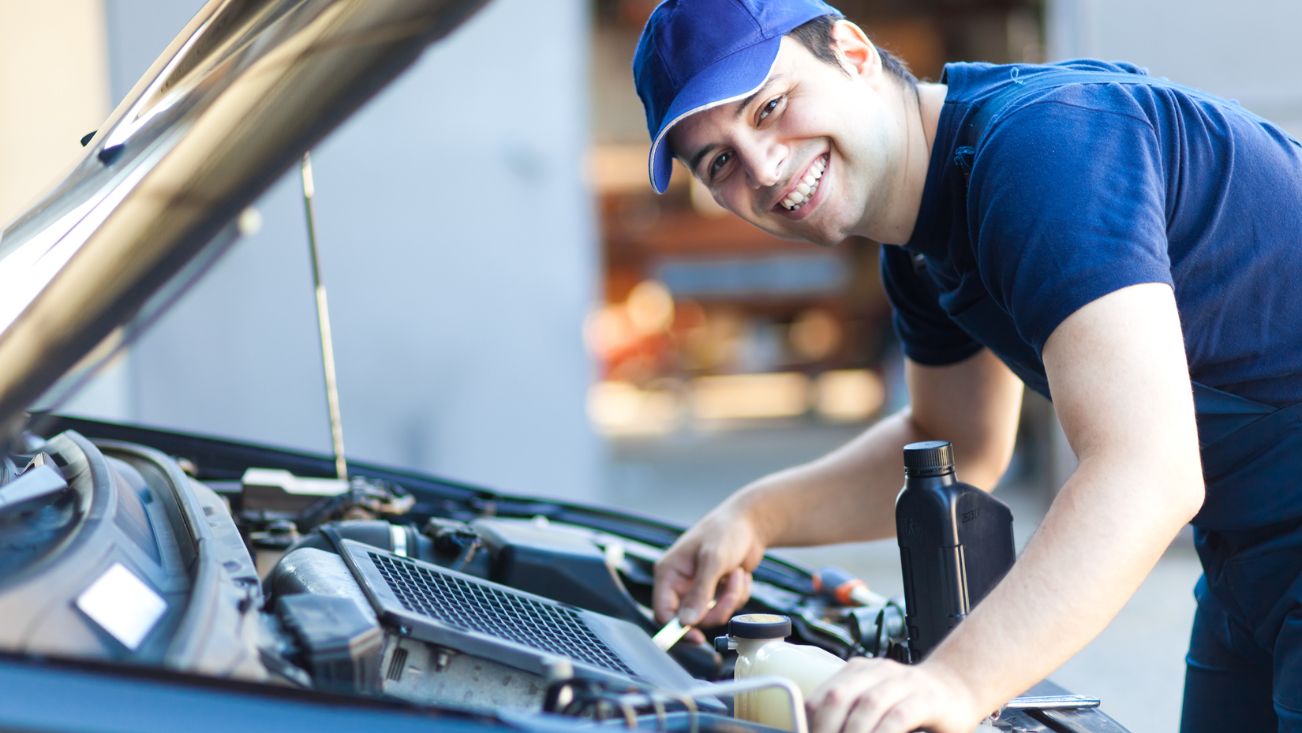All Categories
Featured
Your cars and truck is even more than simply a method of transport-- it's an investment. Whether you drive daily or periodically, taking correct care of your automobile can help you stay clear of costly repair work and ensure it serves you well for years. By adhering to these sensible tips, you can expand the lifespan of your car and maintain it running in leading problem.

- Follow the Supplier's Maintenance Arrange. Every car comes with an owner's guidebook that details the recommended maintenance schedule. This includes oil changes, tire rotations, brake evaluations, and much more.
Pay special attention to oil changes, as engine oil lubes relocating parts and lowers friction. Neglecting this easy task can bring about engine overheating and long-term damage.
- Keep Your Fluids in Examine. Liquids play an important function in your vehicle's efficiency, consisting of coolant, transmission fluid, brake liquid, and power steering fluid. Falling short to keep an eye on or change these fluids frequently can lead to mechanical issues and decreased performance.
Make it a practice to examine liquid levels month-to-month and leading them off if needed. If you discover any kind of leaks or uncommon fluid degrees, consult a mechanic quickly to stop additional damage.
- Preserve Proper Tire Treatment. Tires are crucial for both safety and security and fuel efficiency. Driving on poorly inflated tires can create unequal wear, lower gas mileage, and increase the threat of blowouts. Examine your tire stress on a regular basis and ensure it lines up with the manufacturer's referrals.

Furthermore, revolve your tires every 5,000 to 7,500 miles and look for signs of wear. Correct positioning and equilibrium are additionally vital for a smoother experience and prolonged tire life.
- Change Worn Parts on schedule. Delaying the substitute of worn-out parts, such as brake pads, trigger plugs, or air filters, can harm your car's efficiency. For example, unclean air filters can lower engine effectiveness, while used brake pads can damage the rotors.
Using high-quality substitute components is equally crucial. Constantly choose components that meet or surpass your car producer's requirements for much better longevity and reliability.
- Drive Gently. Your driving routines substantially impact the life expectancy of your vehicle. Aggressive driving, such as rapid velocity, difficult stopping, and doglegs, places additional stress on your engine, transmission, and brakes.
Instead, embrace a more modest driving design by speeding up and braking smoothly. This not only decreases damage but likewise boosts gas efficiency and total performance.
- Keep Your Car Clean. Routine cleansing isn't nearly aesthetics-- it has to do with shielding your automobile from harmful elements. Dirt, crud, and salt can corrode the body and undercarriage with time, resulting in corrosion.
Clean your automobile frequently, specifically during cold weather or after driving on salted roads. Do not forget to cleanse the inside also, as dust and debris can impact furniture and air top quality. Applying a coat of wax every few months can add a safety layer to your automobile's paint and keep it resembling new.
- Shop Your Vehicle Appropriately. If you do not drive your vehicle frequently, proper storage space is crucial to stop damage. Park in a garage or make use of a vehicle cover to safeguard it from the elements.
For lasting storage, take into consideration using a battery maintainer to keep the battery charged and including a fuel stabilizer to avoid the gas from going poor. Regularly beginning the automobile or taking it for brief drives can likewise assist maintain all systems operating.
- Don't Disregard Warning Lights. Modern autos are furnished with diagnostic systems that inform you to possible problems through control panel caution lights. Whether it's the check engine light, oil stress light, or tire pressure caution, ignoring these indications can result in costly repair work or safety and security risks.
If a caution light begins, don't wait to address it. Have your automobile evaluated by a specialist auto mechanic to determine the cause and settle the concern immediately.
Conclusion: Treatment Today, Cost Savings Tomorrow. Maintaining your vehicle running much longer is everything about uniformity and interest to information. Regular maintenance, liable driving, and addressing issues early can conserve you money and frustrations down the line. Treat your car like the financial investment it is, and you'll take pleasure in a smoother, much safer, and a lot more reliable ride for years to find.
Latest Posts
Explore Affordable Auto Repairs with Montclare’s Monthly Service Specials
Uncover Brake Repair & More: Comprehensive Auto Care Solutions from Montclare Auto Repair
Shield and Improve Your Home with Weathercraft's Exterior siding Solutions
More
Latest Posts
Explore Affordable Auto Repairs with Montclare’s Monthly Service Specials
Uncover Brake Repair & More: Comprehensive Auto Care Solutions from Montclare Auto Repair
Shield and Improve Your Home with Weathercraft's Exterior siding Solutions